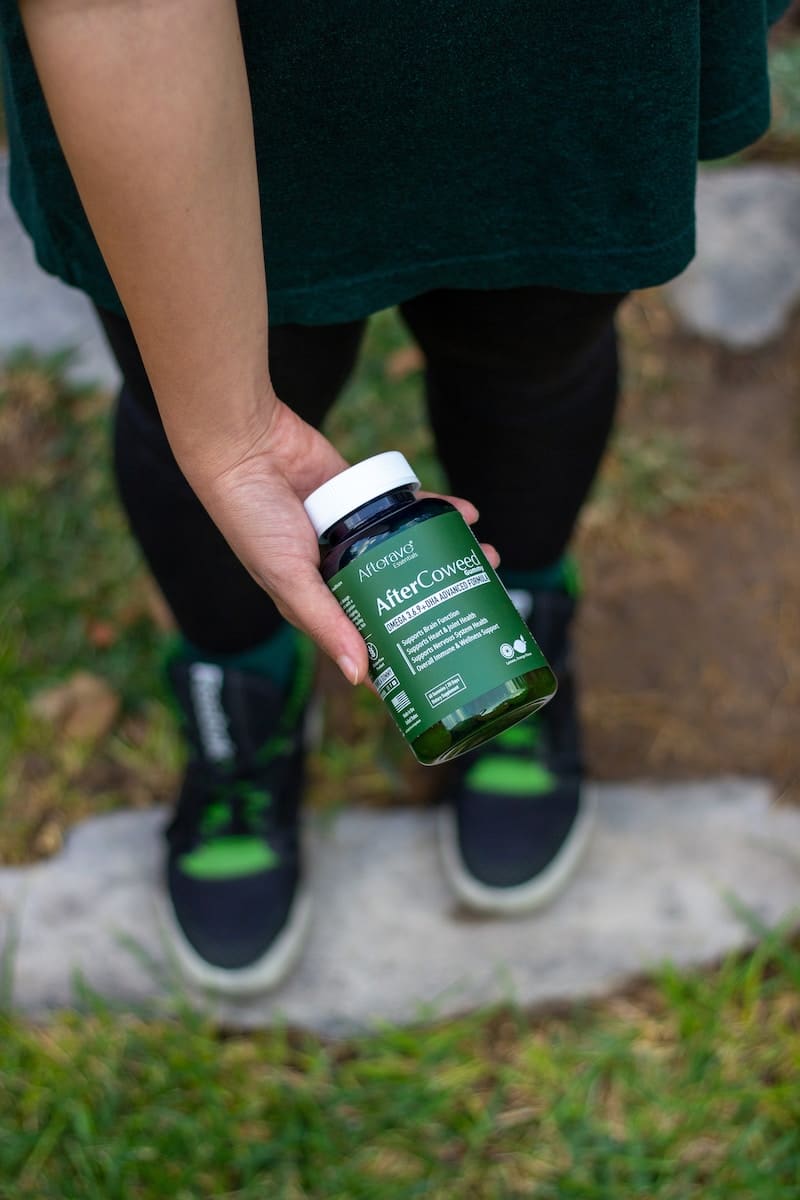Effective ways to boost your metabolism

A healthy metabolism is not just about shedding a few extra pounds. It’s also about keeping your body functioning at its best. Why? Because your metabolism is essentially your body’s engine. It’s the process your body uses to convert the food you eat into the energy it needs to function properly.
So, if you’re looking to improve your health, lose weight or maintain a healthy lifestyle, boosting your metabolism can play a major role. Let’s discover some effective ways you can increase your metabolic rate and maximize your body’s energy efficiency.
Avez-vous vu cela : The relationship between diet and skin health
Understanding Metabolism and Weight Loss
Before diving into strategies to boost your metabolism, it’s crucial to first understand what metabolism is and how it affects your weight. Fundamentally, metabolism is the process through which your body converts what you eat into energy. This energy, measured in calories, is used to fuel everything from breathing to exercising.
In terms of weight loss, having a high metabolic rate can help you burn calories more efficiently, reducing the likelihood of fat accumulation in your body. An active metabolism can also provide you with more energy throughout the day, which can help you stay active and burn even more calories.
Lire également : Understanding the benefits of aerobic exercise
Incorporating High-Protein Foods Into Your Diet
One of the most effective ways to boost your metabolism is by incorporating high-protein foods into your diet. Protein necessitates a higher energy expenditure for digestion compared to fats and carbohydrates. This phenomenon is known as the thermic effect of food (TEF).
Eating protein-rich foods could increase your metabolism by 15-30%, compared to 5-10% for carbohydrates and 0-3% for fats. So, if you want to give your metabolism a little push, start by adding more lean meats, eggs, and legumes to your daily meals.
Regular Exercise and High-Intensity Workouts
Exercise is a surefire way to rev up your metabolism. Regular physical activity can help increase your metabolic rate, ensuring that your body burns calories even when you’re at rest. High-intensity workouts, in particular, have been proven to have a significant impact on your metabolic rate.
These workouts, which involve short bursts of intense exercise, can help you burn a lot of calories in a short amount of time. What’s more, they can cause your metabolism to remain elevated for hours after the workout, a phenomenon known as the afterburn effect.
Adequate Sleep and Metabolism
Never underestimate the importance of a good night’s sleep when it comes to maintaining a healthy metabolism. Sleep deprivation can negatively affect your metabolism by altering the levels of hormones that regulate hunger and satiety. This could lead you to eat more, which can ultimately result in weight gain.
Moreover, lack of sleep can decrease the number of calories your body burns at rest, i.e., your resting metabolic rate (RMR). So, for a healthy metabolism, aim for at least 7-9 hours of quality sleep per night.
Staying Hydrated
Water plays a vital role in almost all metabolic processes. Thus, staying properly hydrated can help your metabolism stay efficient. One study found that drinking 500ml of water can boost metabolism by up to 30% for around an hour.
This effect might even be more dramatic if the water is cold, as your body will use energy (calories) to heat the water to body temperature. Therefore, remember to drink plenty of fluids throughout the day, especially before meals.
Consuming Small, Frequent Meals
Lastly, eating small, frequent meals throughout the day can help maintain your metabolism’s speed. Long periods without food can cause your body to enter ‘starvation mode’, where it slows down metabolism to conserve energy.
By eating regularly, you prevent your metabolism from slowing down and keep your energy levels consistent throughout the day. However, it’s important to keep the meals balanced and not to increase your overall calorie intake.
Understanding and positively influencing your metabolism can play a significant role in your health and weight loss journey. By incorporating high-protein foods, regular and high-intensity exercise, adequate sleep, proper hydration, and frequent meals into your routine, you can maximize your metabolic efficiency. Remember, everyone’s body is unique, and what works for some might not work for others. Experiment with different strategies and see what works best for you.
The Role of Green Tea in Boosting Metabolism
In addition to high-protein foods, regular exercise, adequate sleep, and proper hydration, consuming green tea can also play a significant role in enhancing your metabolism. Green tea is renowned for its numerous health benefits, and one of them is its ability to accelerate your metabolic rate.
Green tea contains a catechin known as epigallocatechin gallate (EGCG). This potent antioxidant has been linked to an increase in the body’s energy expenditure and fat oxidation, contributing to weight loss. Drinking green tea can increase your metabolism by up to 4-5%, equivalent to burning an additional 70-100 calories per day.
Furthermore, green tea is considered a thermogenic beverage, i.e., it stimulates heat production in your body, leading to more calories being burned. The caffeine present in green tea also seems to work synergistically with EGCG to enhance fat oxidation.
To incorporate green tea into your routine, try replacing one of your daily cups of coffee with it. However, remember that green tea is not a magic bullet for weight loss. It should be part of a comprehensive strategy that includes a balanced diet and regular physical activity.
The Importance of Resistance Training in Metabolism Boosting
Resistance training, also known as strength training, is another excellent way to boost your metabolism. It refers to any exercise that causes your muscles to contract against an external resistance, such as dumbbells, resistance bands, or even your body weight.
Resistance training is a powerful metabolism booster because it builds muscle mass. Muscle is more metabolically active than fat, meaning it burns more calories at rest. By increasing your muscle mass, you can increase your resting metabolic rate (RMR), leading to a higher total energy expenditure, even when you’re not working out.
Apart from boosting your metabolism, resistance training also has other health benefits. It can improve your strength, balance, coordination, and bone density. Plus, it can help prevent weight regain after you lose weight.
To get started with resistance training, try incorporating it into your fitness routine at least two days per week. Whether you prefer weightlifting, bodyweight exercises, or using resistance bands, the key is to choose activities you enjoy and will stick with.
In Conclusion
Boosting your metabolism is an effective strategy for promoting weight loss and enhancing overall health. It makes your body more efficient at converting food into energy, which can help you lose weight and feel more energetic.
Consuming high-protein foods, green tea, and frequent small meals, along with getting adequate sleep and staying hydrated, can all contribute to a higher metabolism. Furthermore, regular exercise, particularly high-intensity workouts and resistance training, can significantly increase your metabolic rate.
However, it’s important to remember that everyone’s body is different. What works for one person may not work for another. Therefore, the best approach is to try various strategies and find what works best for you. And, of course, consult with your healthcare provider before starting any new diet or exercise program.
Boosting your metabolism is not only about weight loss. It’s also about enhancing your body’s efficiency and your overall well-being. So, start today, be consistent, and enjoy the journey towards a healthier you.
